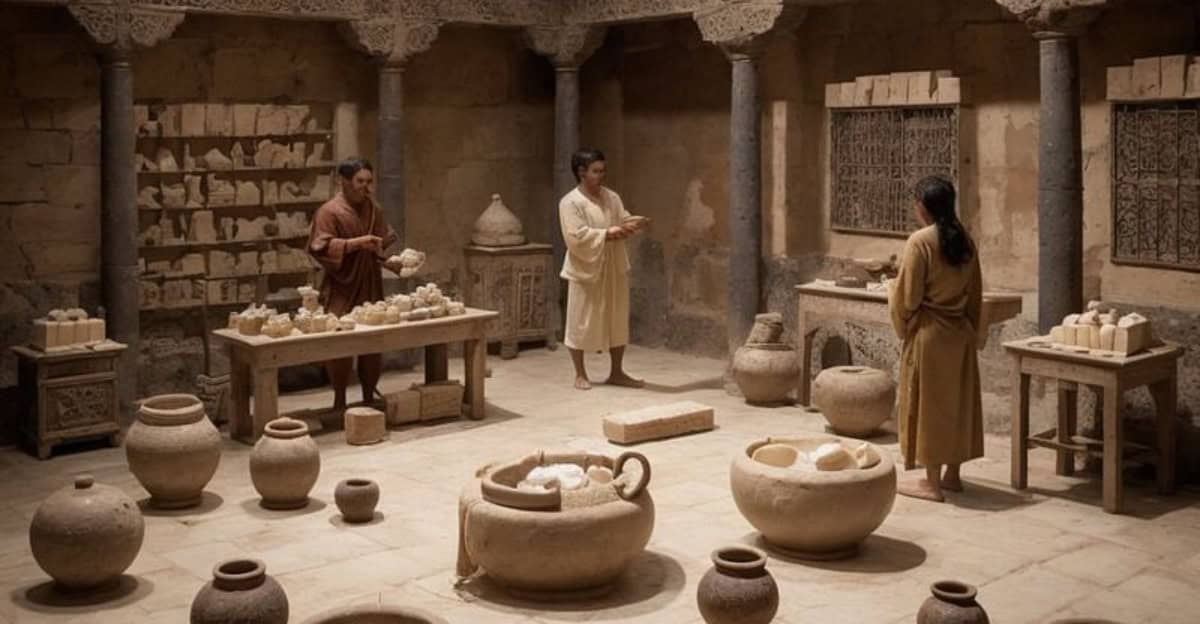Many everyday items we take for granted today have their origins in ancient civilizations.
These innovations have stood the test of time, evolving and adapting over millennia to remain integral to modern life.
Discover the surprising ancient roots of these ten common objects, each with a rich history that continues to impact our daily routines.
1. Concrete
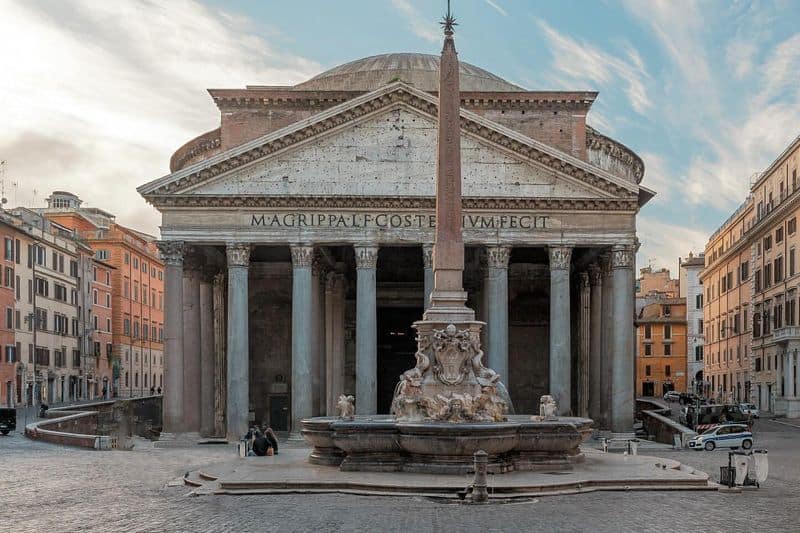
Concrete, a staple of modern construction, has its roots in ancient Rome. Roman architects discovered that mixing volcanic ash with lime and water created a strong, durable material.
This innovation allowed for the construction of iconic structures, such as the Pantheon, still standing today.
Modern concrete retains its ancient formula, evolving with additives for improved strength and sustainability. Skyscrapers, bridges, and homes rely on this ancient material, highlighting its timeless utility.
As we walk through cities filled with concrete marvels, we tread paths laid by Roman ingenuity.
2. Surgical Instruments
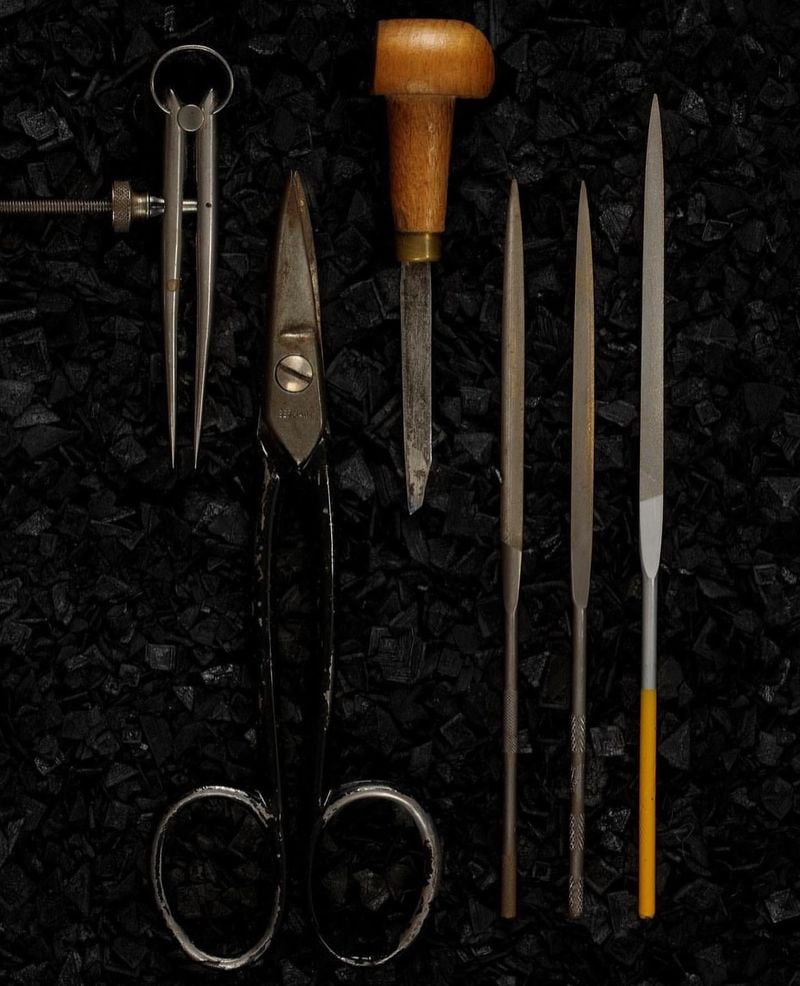
Surgical instruments trace their origins to ancient India, where Sushruta, a pioneering surgeon, documented over 120 tools in his medical texts.
These instruments, crafted from bronze and iron, were vital for performing complex procedures.
Modern medicine owes much to these ancient innovations. Today’s surgical tools retain the precision and functionality envisioned by Sushruta, albeit with advanced materials.
As surgeons wield scalpels and forceps, they carry forward a legacy of healing that began millennia ago, ensuring the well-being of countless lives.
3. Soap

Soap’s history dates back to ancient Babylon, around 2800 BC. Early Babylonians discovered that mixing animal fats with wood ash produced a cleansing substance.
This rudimentary soap evolved into a vital component of hygiene practices across civilizations.
Today, soap is indispensable in maintaining cleanliness and health. Its basic recipe has endured, with modern variations adding fragrances and moisturizers.
From ancient bathhouses to contemporary bathrooms, soap’s enduring presence reflects our ongoing quest for cleanliness and well-being.
4. Board Games
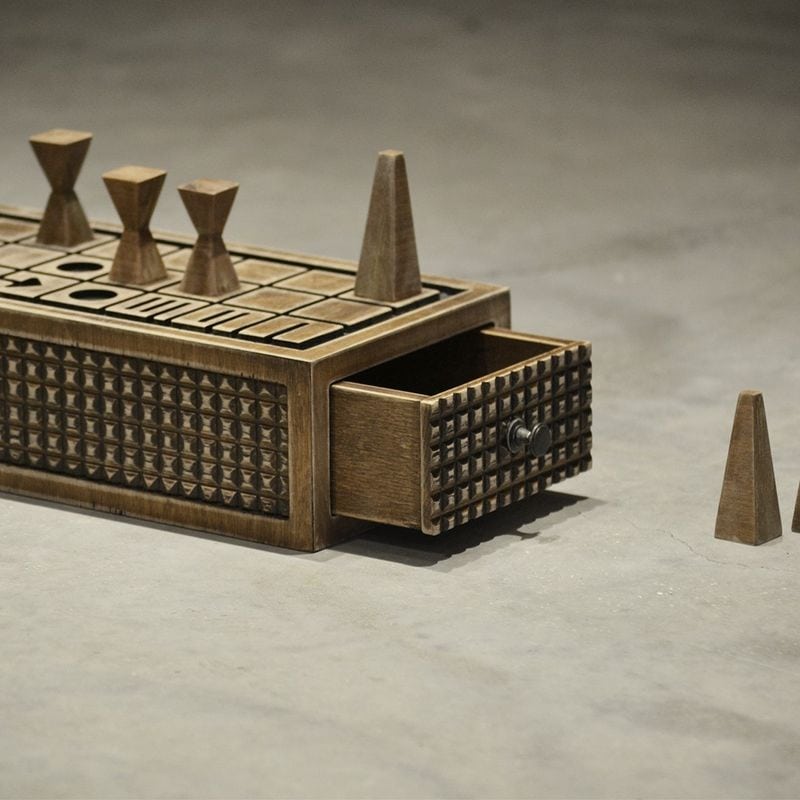
Board games, a source of entertainment across the world, have ancient origins. The game of Senet, played in ancient Egypt, is one of the earliest known board games, reflecting the civilization’s love for strategic and recreational activities.
As these games spread to other cultures, they evolved into various forms, including Chess in India and Go in China. Each game brought unique rules and strategies, enriching the global tradition of board gaming.
Today, board games are more popular than ever, continuing to foster social interaction and cognitive skills. Their enduring appeal is a testament to their ancient beginnings.
5. Calendar

The calendar, an essential tool for organizing time, originated in ancient Egypt. Egyptian astronomers meticulously studied lunar cycles, creating a 365-day calendar to align with the solar year.
This innovation guided agricultural activities and religious festivals. Our modern calendar owes much to its Egyptian ancestor, evolving through Roman and Gregorian reforms.
It remains a cornerstone of daily life, helping us plan and coordinate activities. By marking time with calendars, we follow an ancient tradition that continues to shape our future.
6. Paper

Invented in ancient China around 105 AD, paper revolutionized communication and record-keeping. Cai Lun, a Chinese court official, pioneered the papermaking process using mulberry bark, hemp, and rags.
This lightweight, portable medium replaced cumbersome scrolls and tablets, enabling easier dissemination of information.
Today, paper remains essential in our lives, from books and newspapers to currency and packaging. Its versatility and adaptability have kept it relevant despite digital advancements.
Whether jotting down notes or reading a favorite novel, paper’s ancient origins continue to enrich our daily experiences.
7. Plumbing

Plumbing, an essential part of modern infrastructure, has ancient roots in Rome. Roman engineers developed aqueducts and lead pipes to transport water, enhancing public health and urban life.
This innovation laid the groundwork for contemporary plumbing systems.
Today’s water delivery relies on principles established by Roman ingenuity. While materials have evolved, the core concept remains unchanged.
As we turn on taps and flush toilets, we engage with an ancient technology that has shaped civilization’s growth and comfort.
8. Glass

Glassmaking began in ancient Mesopotamia, around 2500 BC. Mesopotamian artisans discovered that heating sand and ash produced a translucent material, leading to the creation of glass beads and vessels.
Today, glass is ubiquitous, from windows and bottles to fiber optics. Its evolution from ancient novelty to modern necessity underscores its versatility.
Whether peering through a window or sipping from a glass, we connect with a tradition that began in ancient furnaces, continuing to illuminate our world.
9. Democracy

Democracy’s roots lie in ancient Greece, particularly Athens, where citizens engaged in direct governance. This participatory system fostered debate and decision-making, forming the bedrock of modern democratic principles.
Contemporary democracies, while more complex, owe their foundational ideals to Greek innovation. The spirit of citizen involvement and representation remains central to governance.
As we vote and participate in civic life, we echo the democratic practices that began in ancient Athenian assemblies, ensuring the people’s voice continues to shape society.
10. Wheel
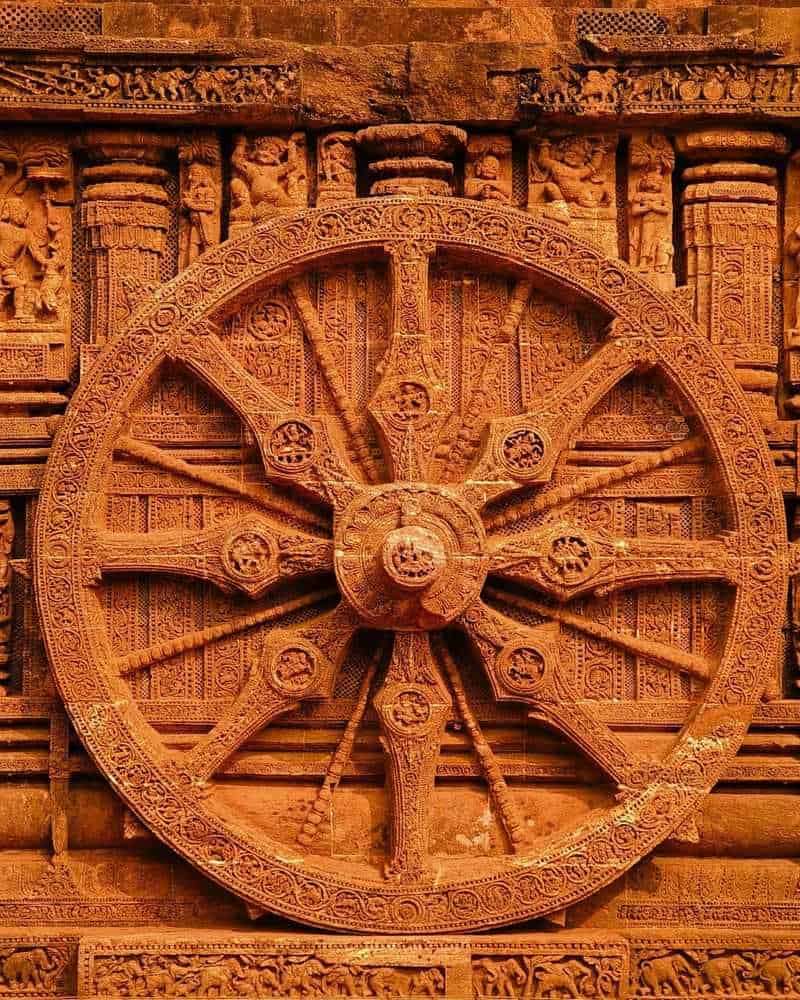
The wheel, a fundamental invention, originated in ancient Sumer around 3500 BC. Sumerians crafted wooden wheels for chariots and carts, revolutionizing transportation and trade.
Today, wheels are integral to vehicles, machinery, and countless technologies. Their basic design endures, adapting to modern needs.
As we travel or work with wheeled devices, we harness an ancient innovation that continues to drive progress and connectivity across the globe.

